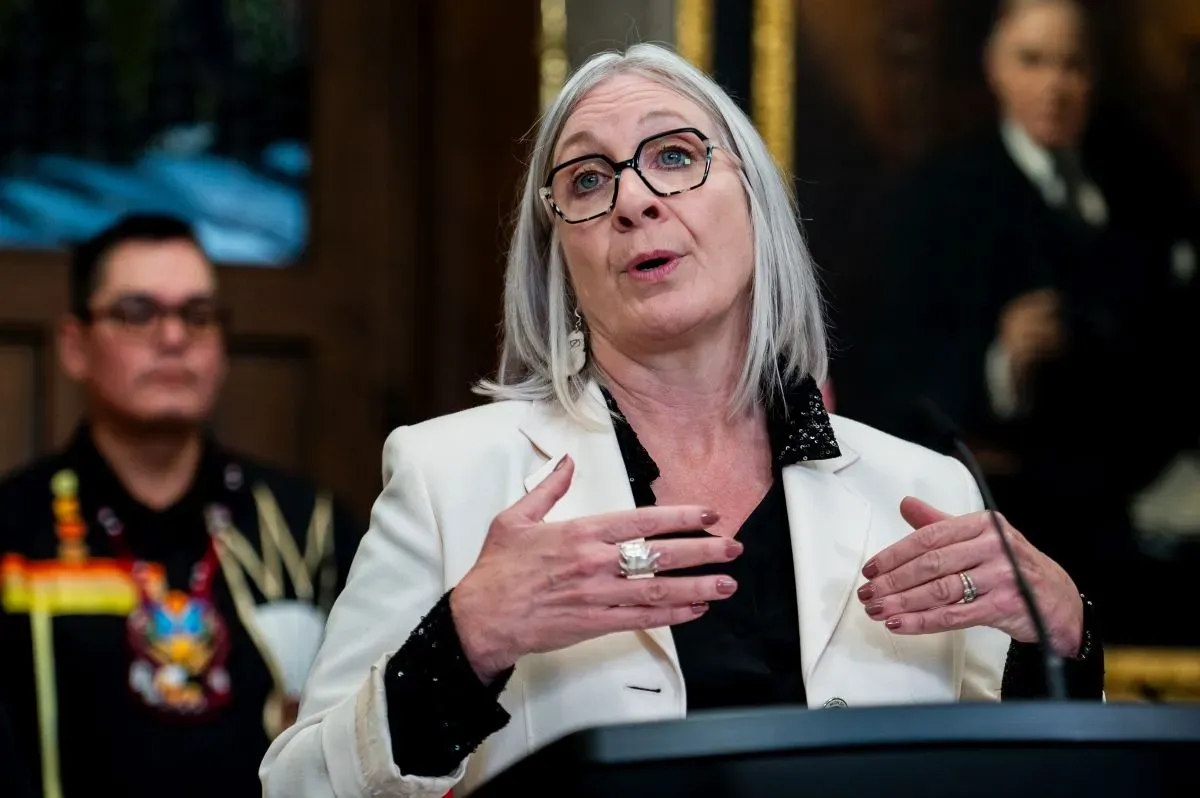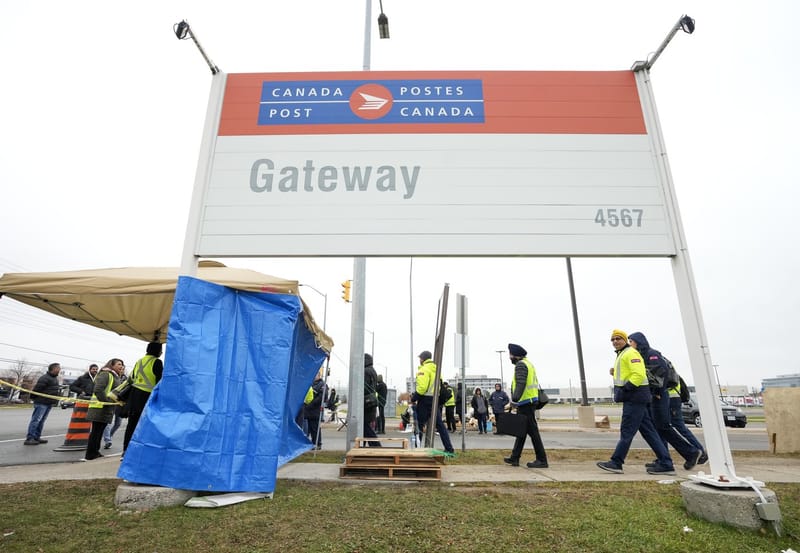Child welfare reform is in the hands of the AFN after deal voted down: Hajdu
Hajdu says she is sure AFN National Chief Cindy Woodhouse Nepinak is “listening very closely” to concerns chiefs have about how the AFN handled negotiations for that agreement.

Indigenous Services Minister Patty Hajdu says it is now up to the Assembly of First Nations (AFN) to provide the federal government with a clear direction on how to move forward after chiefs voted down a $47.8 billion child welfare reform agreement last week.
Hajdu expressed confidence that AFN National Chief Cindy Woodhouse Nepinak is "listening very closely" to the concerns raised by chiefs regarding how the AFN managed the negotiations.
The chiefs rejected the 10-year reform agreement during a gathering in Calgary, criticizing both the AFN and the federal government for inadequate consultations that resulted in what they considered a flawed deal.
Hajdu stated that the government is waiting for the AFN’s next steps but emphasized they are exploring every possible option to continue the negotiations.
Last week, Woodhouse Nepinak attributed the rejection of the deal to a group concerned that it posed a threat to the current child welfare system. However, Cindy Blackstock, head of the First Nations Child and Family Caring Society, described that view as an "unfortunate" misrepresentation of the chiefs' legitimate concerns.
The proposed agreement followed nearly 20 years of efforts after the caring society and the AFN filed a human rights complaint, citing data that showed funding for child and family services on reserves was significantly lower than for children off reserves.
After years of legal battles between these organizations and the federal government, the Canadian Human Rights Tribunal ruled the funding was discriminatory and ordered the government to take corrective action.





